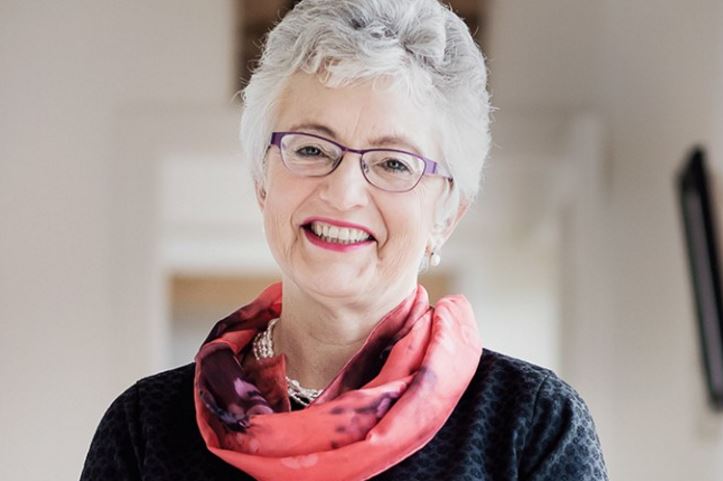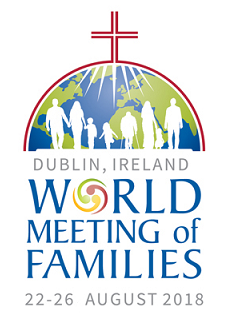







Archbishop Diarmuid Martin has said that while “there is no such thing as the ideal family”, nonetheless “there is an ideal of family,” which is what the Church is seeking to promote through the international gathering of families due to take place in Dublin in August 2018. He was speaking at the launch of the World Meeting of Families in Knock on Monday as families from across Ireland met at the shrine to celebrate the one-year countdown to next year’s event which Pope Francis is expected to attend. The 2018 gathering’s icon of the Holy Family was unveiled and anointed at the Mass and will begin a journey through the 26 Catholic dioceses in Ireland. Archbishop of Dublin Diarmuid Martin presided at the basilica’s 3pm Mass where he preached on the theme “When Plates Fly: Pope Francis on the joys and challenges of family life”. There was no family “that is ideal”, he said. “Plates fly in every family. There are, however, great families who struggle, at times heroically. The celebration of a World Meeting of Families would be hypocritical were it to be a celebration that ignored this struggle,” the Archbishop said. “A civilization of love must involve the search for a new politics for families, a politics of care for the marginalised and those who struggle. Where human love fails or is imperfect, our response should not just be that of condemnation or exclusion, but one of allowing the medicine of mercy to lead people towards a more perfect love,” he said.

A heterosexual couple who want to enter a civil partnership instead of getting married have been granted the right to take their case to the UK Supreme Court. The couple are currently prevented from doing so by the Civil Partnership Act 2004, which only applies to same-sex couples, and they argue the State’s position is “incompatible with equality law”.
The couple say that not all families are comfortable with marriage, but want the “financial and legal protection” that a civil partnership provides. The Equal Civil Partnerships Campaign argues marriage comes with religious connotations and notions of patriarchy. Rebecca Steinfeld, who is bringing the case with her partner, Charles Keidan, said: “We hope the Supreme Court will deliver a judgment that will finally provide access to civil partnerships for thousands of families across the country.” Theirs solicitor Louise Whitfield said: “This is a very significant achievement for my clients as the Supreme Court only gives permission for a very small number of cases each year – those that are the most important for the court to consider.”

Sinn Fein ‘intransigence’ is preventing Northern Ireland politicians from dealing with growing problems in health, education and the economy, the Democratic Unionists have claimed. The DUP were responding to criticism levelled by Sinn Fein that they are the ones halting the formation of a powersharing administration. Senior DUP member Simon Hamilton said the executive should be formed immediately, with a parallel process instigated to deal with the outstanding issues such as the Irish language and the ban on same sex marriage.
He told BBC Radio Ulster: “The DUP would go up to Stormont this morning and form a government and deal with those difficult issues that there are around health, around education and the economy which we believe are more important than the issues which Sin Fein are stalling the restoration of an executive on. They are the only party that are blocking the restoration of an executive to deal with those difficult issues and there are many who are coming to the conclusion that Sinn Fein do not actually want to go back into government, that they are not serious about restoring devolution.”